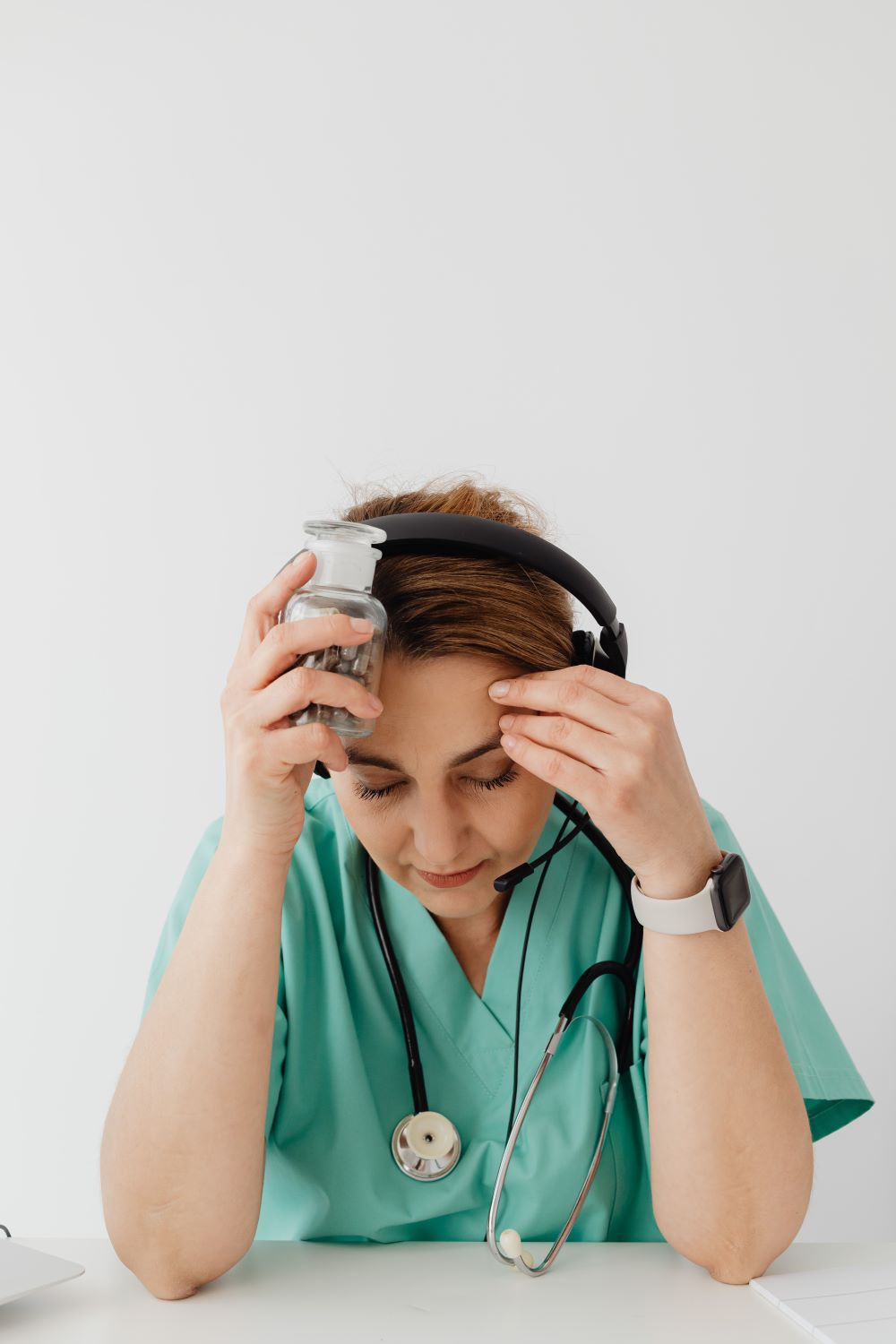If you’re worried about your medical privacy, ask questions. Your health and privacy matter.
When doctors have to balance confidentiality with the need to safeguard your health, things can get complicated. Sharing details about your health and lifestyle during a doctor’s visit is a practice. And doctors are legally required to keep this information confidential.
Your relationship with your doctor is unique. It needs privacy, similar to talking with a lawyer. Laws and ethical guidelines ensure you can be open with your doctor without worry.
Doctors generally need your permission, or consent, before sharing your information with others.
Let’s explore what happens when doctors breach confidentiality, whether by accident or on purpose. If this happens to you, you may have legal options.
The importance of patient confidentiality in healthcare
One of the most important duties of healthcare professionals is maintaining patient privacy. It’s vital for good medical care.
Patients need to feel safe sharing personal health details with their doctors. This trust helps doctors understand health issues better and create the right treatment plans.
If patients hide information because they’re worried about privacy, it can harm their care. Doctors might need to know more about important facts or make choices.
Privacy also protects patients from unfair treatment. Some health issues, like mental health problems, can still lead to shame or discrimination. Keeping medical information private helps avoid these problems.
Patients who trust their physicians to protect their privacy are more likely to receive the care they require.
Limits to patient privacy
Healthcare workers must keep patient information private, but in some cases, they may have to share it to keep people safe.
“Duty to warn” means doctors must tell others if a patient might be in danger or might hurt someone. For example, if someone recovering from a stroke has trouble with balance but insists on driving, their doctor might need to warn family members or authorities to prevent accidents.
Some other times when doctors might need to share private information:
- Reporting child abuse: Doctors must tell authorities if they think a child is being hurt. This helps protect children who can’t protect themselves.
- Stopping the spread of diseases: If a patient has a contagious illness, doctors may need to tell others to stop it from spreading.
- Preventing harm: Doctors may share information to keep people safe if a patient plans to hurt themselves or someone else.
In these cases, doctors should tell patients they need to share information. They should only share what’s needed by law. Patients can complain if they think their privacy isn’t respected.
These are rare exceptions. Most of the time, patient information stays private.
Navigating patient privacy laws

Healthcare providers face a complex web of patient privacy rules. The main federal law, the Health Insurance Portability and Accountability Act (HIPAA), outlines when doctors can share private information without consent, such as in emergencies or abuse cases.
State laws add further requirements, like mandatory disease reporting or rules for warning about dangerous patients. This mix of federal and state regulations creates challenges for healthcare workers.
Providers must understand federal and state privacy laws and clearly explain limits to patients. Balancing privacy with public safety needs can be difficult.
When unsure, providers should seek advice from legal experts or ethics boards. Documenting decisions and reasons carefully helps protect patient rights while meeting legal and ethical duties.
Your medical privacy rights
Medical privacy means keeping your health information confidential. Doctors and nurses must protect the information you share with them by law and professional ethics.
Your confidential information
Your health history, current conditions, and test results are all private. Your doctor can only share this information if asked first, except in rare cases required by law.
Accessing your records
You have the right to see and get copies of your medical records. If you don’t understand something in them, ask your doctor to explain it clearly.
Making decisions
You can refuse to share your information or receive treatments, even if your doctor suggests them. Always read forms carefully before signing.
If your privacy is violated
If you think your medical privacy was not respected, you can complain to your doctor, their organization, or the government health department. In serious cases, you should talk to a lawyer.
Summing up
Your medical information is kept private to protect your confidentiality under HIPAA law. Doctors and nurses follow strict rules to protect your details. Sometimes, they may need to share information to keep you or others safe.
You have the right to see your medical records and control who can view them. Trust between you and your doctors is important for good care. Knowing your rights and doctors’ rules can help you feel better about sharing health info.
This openness helps you get the best care while keeping your privacy safe. If you’re worried about your medical privacy, ask questions. Your health and privacy matter, and healthcare workers aim to protect both. Talking openly with your doctor helps you get good care while keeping your information private.


Join the conversation!